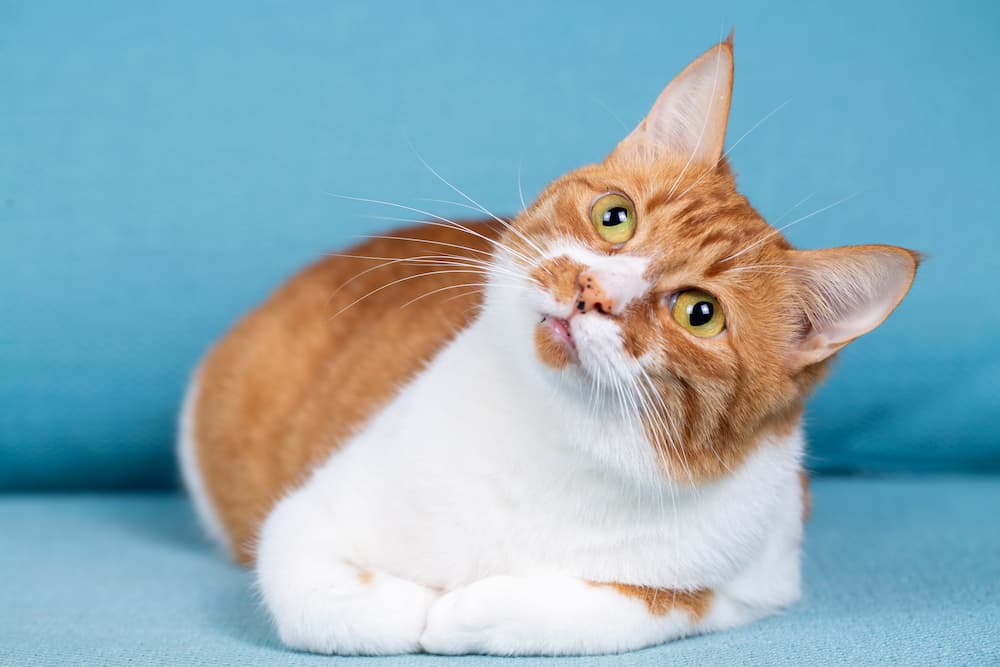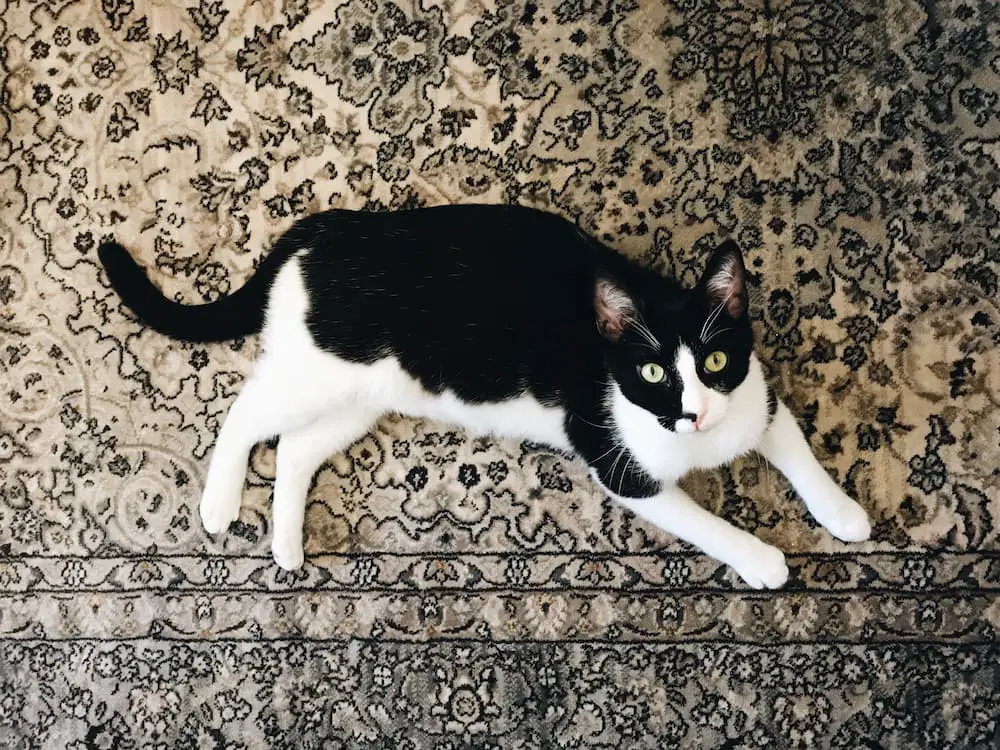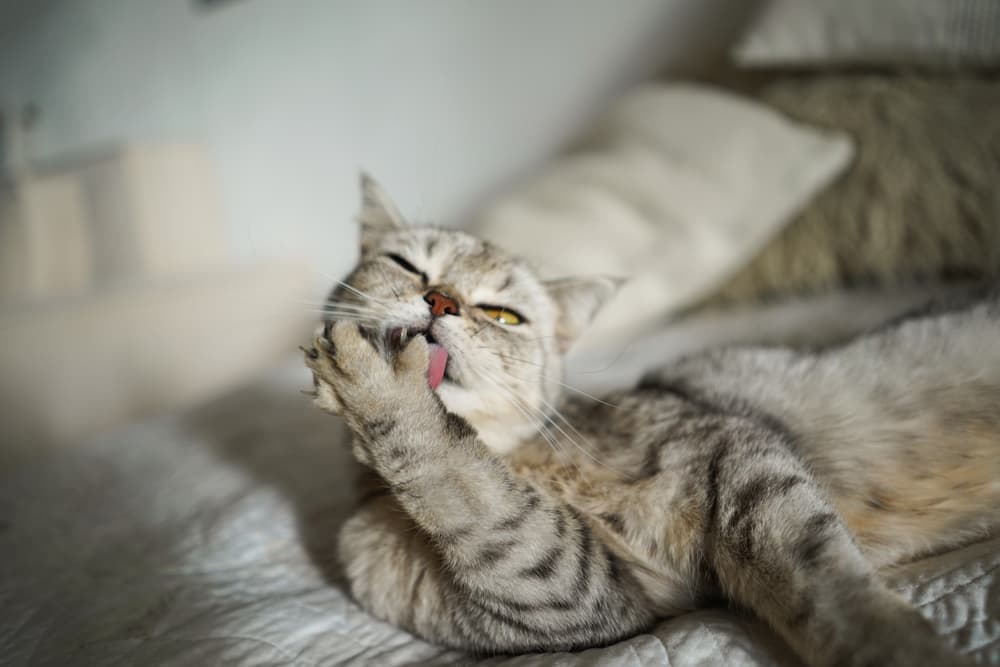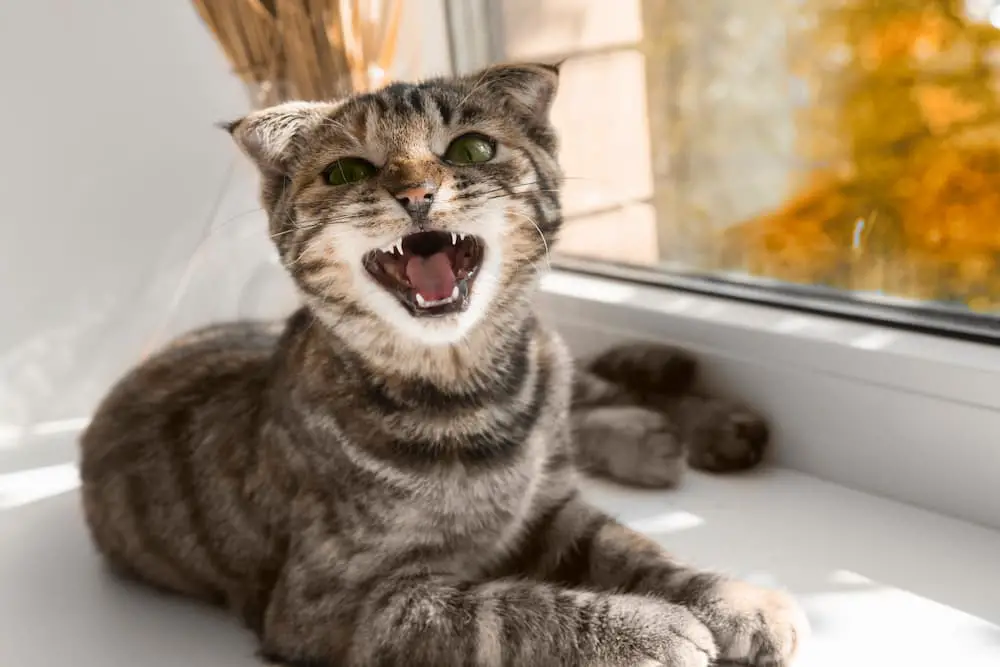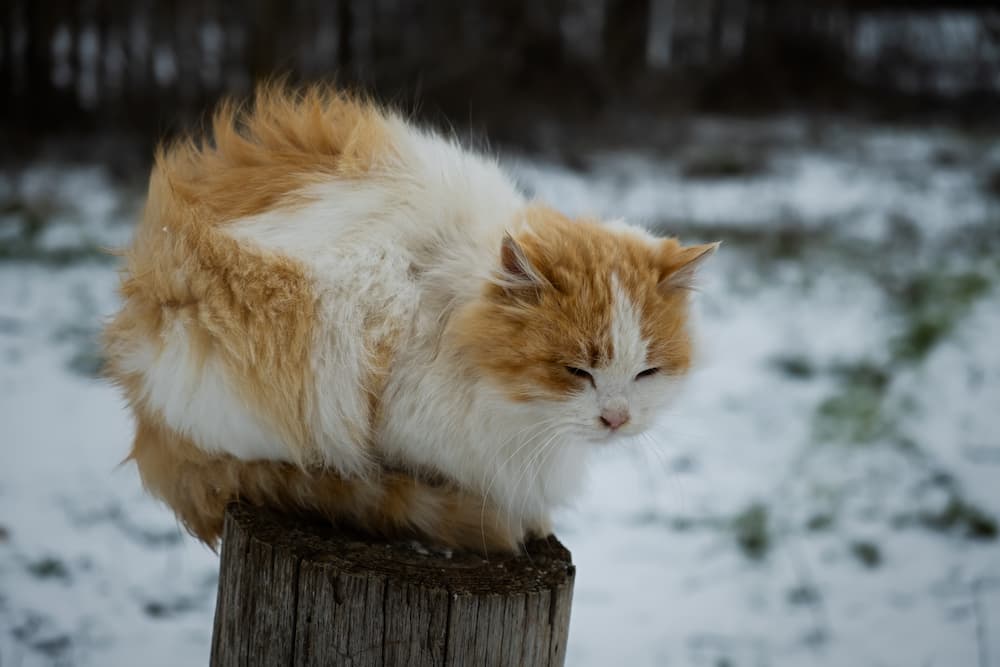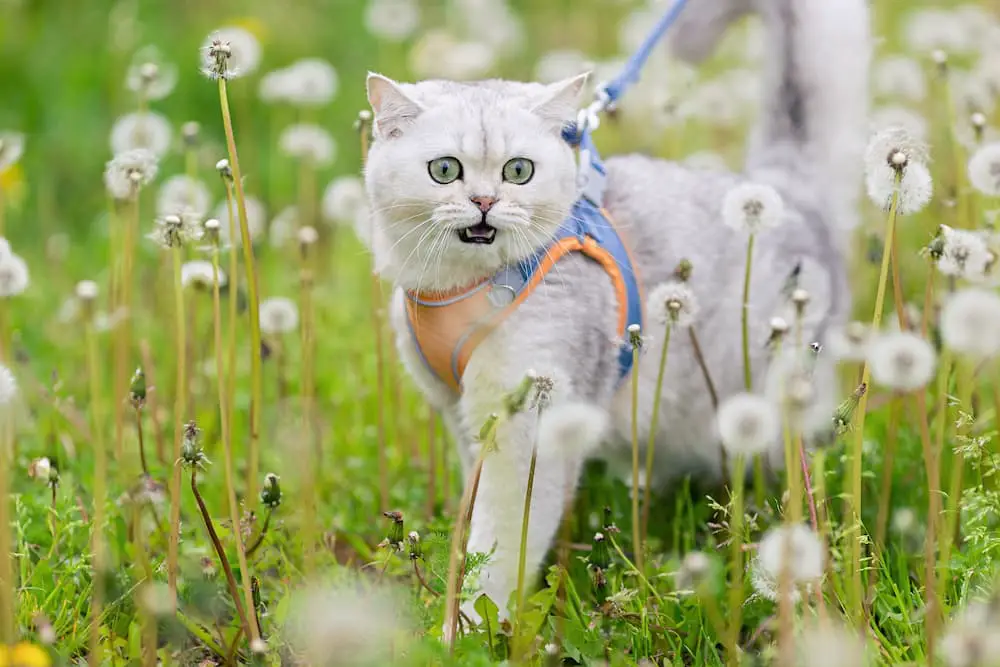Nothing should replace the expert care of your veterinarian when your cat is feeling sick. With that said, there are several natural home remedies that can help combat some common kitty problems like fleas, constipation, hairballs, and odors:
1. Home Remedies for Fleas:

Fleas are a common nuisance for cat parents and can become a real problem if they get out of control, causing any number of health problems from tapeworms to anemia. Fortunately, there are a number of commercial flea remedies you can try, and, if you prefer, plenty of natural home remedies you can use to combat fleas. It’s important to get rid of fleas as soon as you notice them on your kitty.
Lemon Juice is widely known as one of the best home remedies for fleas because it works almost immediately. Cut up 2 lemons and add them to a pot of boiling water. Turn off the heat and let them steep for 3-4 hours. Then strain the liquid and pour it into a spray bottle. Gently spray the solution on your cat and work it into his fur, being careful to avoid his eyes. That’s all there is to it! Just be aware that if your cat has sensitive skin, this solution may be too harsh for him and you should discontinue use if any redness or discomfort occurs.
If you only treat your cat, some of the fleas will ‘abandon ship’ and find a new place to live or just jump back on your cat after the treatment wears off. You’ll need to treat your house, too.
Diatomaceous Earth (DE) is a powder made of the microscopic remains of fossilized diatoms. DE feels like a fine, flour-like powder to us – and to our pets – but to tiny bugs it has sharp, glass-like edges. Since fleas have an exoskeleton, they are effectively killed by the sharp edges. DE is non-toxic to humans and pets, and is even used in some foods. Just make sure you buy the food grade DE (not to DE for pool cleaning). Spread it on your floors, in corners, sprinkle it on pet beds, and then vacuum it up, and wash bedding, after several hours or overnight. Repeat as necessary.
2. Home Remedies for Constipation & Diarrhea:

Canned 100% pumpkin is a wonderful source of fiber, that can help get things moving again – or slow them back down – if your cat is constipated or having diarrhea. Of course, if this is a frequent event, your cat should be seen by your veterinarian to get to the root of the issue. But for infrequent tummy upset, adding just a small amount of pumpkin will often do the trick. Just be sure you’re only giving pumpkin and not pie filling, which contains unnecessary sugars.
3. Home Remedies for Hairballs:

Regular brushing is the best defense for hairballs (and reduces shedding, too!) The less hair on your cat, the less he’ll ingest – and bring back up later. Invest in a great deshedding brush and brush your long-haired cat daily and your short-haired cat every 2-3 days.
If kitty still has hairballs despite regular brushing, put a bit of petroleum jelly on his paws. Your cat will lick it off and it will help lubricate his digestive tract, so hairballs move all the way through instead of coming back up.
4. Home Remedies for Odors:

Need a quick home remedy for a stinky kitty that can’t or won’t tolerate a bath? Mix 4 cups of Hydrogen Peroxide with 1/3 cup of Baking Soda and a squirt of Dish Soap in a spray bottle.
It may sound like a science experiment, but this mixture makes a fantastic odor eliminator that is safe to spray on your pets!
5. Home Remedies for Skin Irritation
Chamomile tea can be used topically to treat mild skin irritations. It has anti-inflammatory properties and will have an instant soothing effect. Make sure the tea is cooled, and then dab it on irritated skin with a cotton ball or spritz it on with a spray bottle. You can also use chamomile tea to soothe kitty’s eyes.
It goes without saying, your vet is most qualified to diagnose and treat your pet and you should always defer to their expertise before medicating your cat. But there are many maladies you can treat easily and simply, right at home! What other home remedies have you used with your cats? Share them with us!
The Catington Post is reader-supported. That means, if you make a purchase through links on our site, we may earn an affiliate commission. All images and names which are not the property of The Catington Post are the property of their respective owners.
